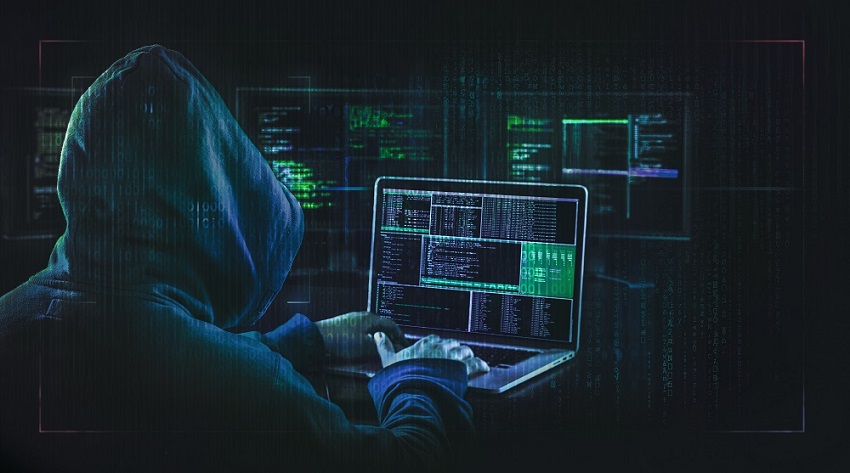
19 Jul Can an anonymous app be traced?
In today’s digital age, where privacy concerns are at the forefront of discussions, the question of whether an anonymous app can be traced is a topic of great interest. Many individuals seek the ability to communicate and express themselves freely without revealing their true identities. However, it is essential to understand the intricacies of anonymity in the online world and the potential methods through which anonymity can be compromised. In this article, we will explore the concept of anonymous apps, the mechanisms behind them, and whether they can truly provide complete anonymity. The content is presented by https://standfastcreative.com/
The Rise of Anonymous Apps
Over the years, anonymous apps have gained popularity, offering users a platform to share thoughts, ideas, and experiences without disclosing personal information. These apps often allow individuals to communicate openly while maintaining a veil of secrecy. Some well-known examples of anonymous apps include Whisper, Yik Yak, and Sarahah. These platforms have attracted millions of users who value the opportunity to express themselves without fear of judgment or consequences. However, it is important to note that there are potential risks associated with anonymous messaging, such as cyberbullying and harassment. In some cases, it may be necessary to trace anonymous text message to ensure the safety of individuals.
Understanding Anonymity
When discussing anonymous apps, it is crucial to define what anonymity means in the digital realm. Anonymity refers to the state of being unknown or unidentifiable. In the context of anonymous apps, it implies that users can participate in discussions or share content without revealing their real names, locations, or any personally identifiable information. However, it is important to note that achieving absolute anonymity online is an incredibly challenging task.
The Technical Limitations
While anonymous apps promise privacy, it is essential to understand the technical limitations that can potentially compromise anonymity. Despite the measures taken by these apps to conceal users’ identities, various factors can contribute to the tracing of individuals.
IP Address Tracking
Every device connected to the internet is assigned an IP address, which acts as a unique identifier. In certain circumstances, it is possible to trace the origin of a connection by analyzing the IP address associated with it. Although anonymous apps may attempt to obfuscate or mask IP addresses, sophisticated tracking techniques can sometimes overcome these obstacles.
Metadata and Digital Footprints
Even if an app successfully conceals a user’s identity, other forms of digital footprints and metadata can potentially reveal valuable information. Metadata includes timestamps, geolocation data, device information, and more. By analyzing this metadata, it is possible to piece together a user’s activities and potentially trace their actions back to their origin.
Legal and Law Enforcement Considerations
While anonymous apps may strive to protect their users’ identities, they are not immune to legal and law enforcement requirements. In certain situations, law enforcement agencies can compel app developers or service providers to disclose user information. This could be due to criminal investigations, potential threats, or violation of laws and regulations. Therefore, it is crucial to understand that even if an app claims to offer complete anonymity, legal obligations can compromise this assurance.
Conclusion
While anonymous apps provide a platform for individuals to express themselves without revealing their identities, achieving absolute anonymity is a challenging task. Technical limitations such as IP address tracking and the existence of metadata can potentially compromise anonymity. Additionally, legal and law enforcement considerations may require app developers to disclose user information when necessary. Therefore, it is important to be aware of the potential risks associated with using anonymous apps and to exercise caution when sharing sensitive or confidential information.
FAQs
- Are anonymous apps completely secure?
No, anonymous apps are not entirely secure. While they may offer a level of privacy, various factors can compromise anonymity, such as IP address tracking and metadata analysis.
- Can law enforcement trace individuals using anonymous apps?
Law enforcement agencies have methods to trace individuals using anonymous apps. If a crime is committed or a threat is detected, app developers or service providers may be required to disclose user information.
- Are there any anonymous apps that guarantee absolute anonymity?
Achieving absolute anonymity is incredibly challenging in the digital realm. While some apps may claim to offer complete anonymity, it is essential to understand the potential risks and limitations.
- Should I be concerned about my privacy when using anonymous apps?
Yes, privacy concerns should always be a consideration when using anonymous apps. Be mindful of the information you share and take precautions to protect your identity and personal data.
- Are there any alternatives to anonymous apps for private communication?
Yes, several alternative methods for private communication exist, such as encrypted messaging apps and virtual private networks (VPNs). These tools can provide enhanced security and privacy for your online activities.

Sorry, the comment form is closed at this time.